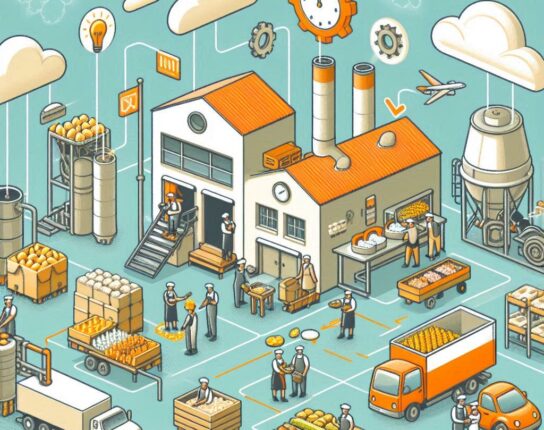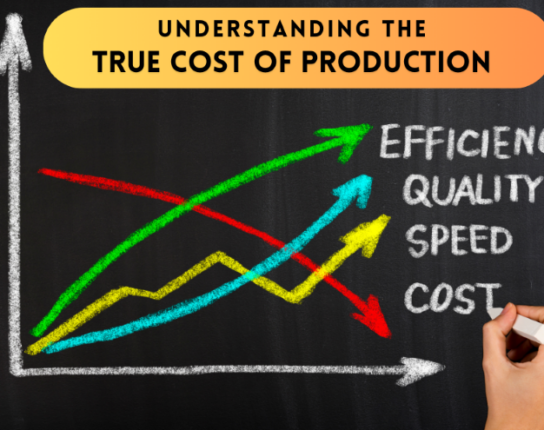Manual Systems are failing. In the new era of technology, manual systems are a thing of the past. In the food and beverage industry, keeping track of information is critical to business growth. New Cloud-based and Automation software such as Microsoft’s Business Central has facilitated this process through capabilities that allow your business to be transparent and accessible within the company.

Why are Manual Systems Failing?
The main reason manual systems are failing is plain and simple. Companies are highly dependent on an individual managing the data, and humans are not perfect. Manual systems require constant human interaction so the risk of inputting the wrong information, forgetting, or withholding data is high. It is easy to incorrectly input data. The downstream cascading effect creates a domino that could result in
- producing too little or too much.
- ordering too little or too much.
- under-representing ingredient costs.
- or missing key customer performance metrics that result in loss of confidence or financial penalties.
Think about the consequences. In a low-margin industry like food and beverage, you always need to make sure your production capacity is at the max. Not having key ingredients can stop production. Having too many ingredients sucks up cash. The same adverse impact exists on finished goods levels. It’s important to always have this balance right.
The second reason is that there is a low visibility of information. In the Food and Beverage Industry, it’s likely that you have someone in a key role such as Purchasing that just knows the business. They could either memorize key re-order points or know minimum inventory positions in their head. This is very risky and time-consuming because if you misplace or give the wrong information, it will lead to various issues within the whole business. Another reason why this is risky is that if that one employee no longer works for you or is not available when you need the data, the cost of employing and training new employees is costly and could be allocated elsewhere.
The third reason is human resources. It takes a lot of time and effort to report data manually, which can also be costly and not time efficient. The money and time you spend on manual entry and reporting can be better allocated in other areas to grow your business.
So what are my options?
If you are in the Food and Beverage industry, you may be running an ERP system but that system may not be supporting your business’ current operating procedures, it may be end-of-live, or is not connected to all the inventory movement within your company. A modern accounting & operations package will provide the following benefits:
Real-time integration across department functions like accounting, purchasing, inventory planning, production, and shipping.
Ability to capture receiving information, production picking, production outbound, putaway, and shipping details in real-time using a variety of methods to speed up information availability, reduce time, and improve accuracy.
- Ability to report on key information quickly and across the entire organization.
- Ability to have visibility across locations.
- Ability to work from a variety of devices including desktop, tablet, mobile, on-premises, or in the cloud, across Windows, Android, and IOS devices.
If you are still using a Manual System, now is the time to make the move. We created Harvest to only cater to Food and Beverage businesses. The cost is less than you might think. The old monolithic approach of ERP implementations is long gone. Harvest can deploy quickly and easily. The best part, as a Microsoft product, your users are instantly familiar with it, and it works with the tools you use every day like Word, Outlook, and Excel. Speak to one of Harvest’s experts on how to plan for migration the right way. There is no better time than the present to make a move for your business’s future.










